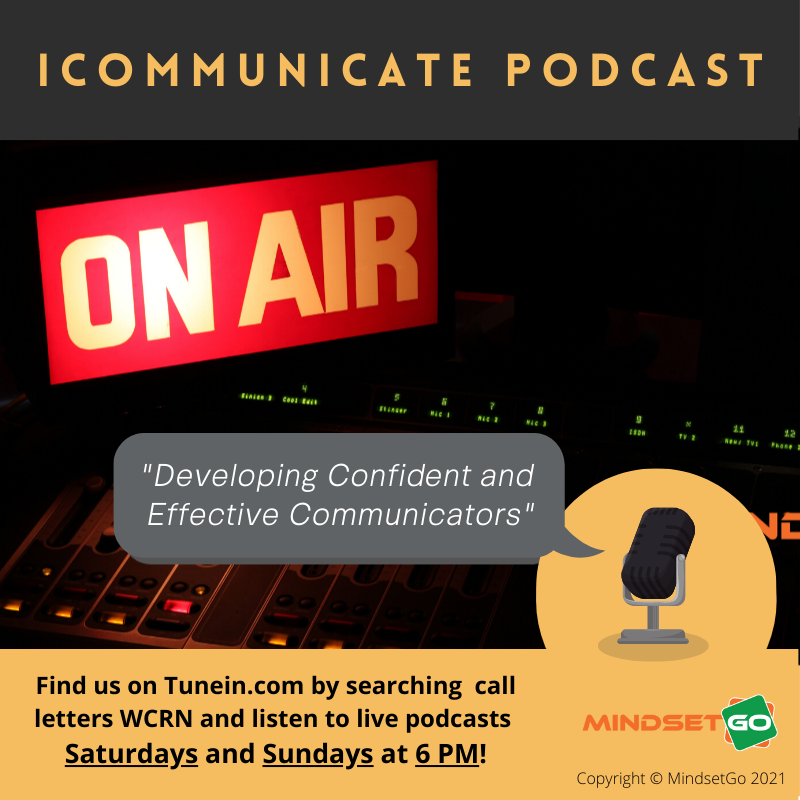Loyalty isn’t deserved, it needs to be earned. How to overcome a prospect’s guilt regarding staying with an existing service provider.
If a prospect truly believes your service is better and would prefer working with you, then it would be a no-brainer for them to move forward right? The problem is, even when people know the right decision to make, they are conflicted by being disloyal to their current provider. The following is a good approach on how to overcome that obstacle.
- Be empathetic. This is where Emotional Intelligence comes in and why I prioritize this set of competencies above all else in sales and leadership. Validate their concerns and be curious to why they value the existing relationship as it will give you a perspective on what they fear they would lose in addition to qualities they would want to maintain in their next relationship.
- Let them know an authentic story where you were faced with the same challenge and how you overcame it.
- Share a story about a previous prospect and how they were able to move forward and overcome this fear of disloyalty. There are three types of stories that may apply:
- If it’s not allegedly broken, don’t fix it story – a former prospect who several months later recognized specific benefits despite having a fabulous relationship with their previous supplier. If your prospect talked to his client, they would say “Thank Goodness I made this change.”
- I didn’t know what I was missing story – because people fear change, they don’t actually take the time to assess or evaluate their current service provider instead they make choices based on emotion. This would be a story of how you came in and did a diagnostic, assessment, or consult to show the benefits of change and why despite their loyalty to their current provider, the prospect should have made this change a long time ago.
- Proactive vs Reactive story – A prospect who kept postponing because of their guilt over being disloyal and then had to change reactively because their current provider couldn’t deliver, didn’t have the knowledge or experience, or didn’t have the resources to solve their newfound problems.
- Don’t Defend and Justify – whenever salespeople are faced with an objection there is a tendency to want to defend it or justify why you/your company approaches it the way they do. I coach the opposite. Instead of wanting to prove the prospect wrong, use discovery and inquiry methods to find out what is really going on. When a prospect says they are conflicted about changing vendors and they are going to stand pat, you can ask the following questions to gauge what level of dissatisfaction they actually feel. *Remember tone is very important when conveying these questions.
- If you are feeling conflicted about changing, what prompted you to bring us in here in the first place? (Remind them why they asked you to come in as their guilt might have distracted them)
- When is the last time you tried an alternative or did an apples to apples comparison to ensure you are getting the best solution?
- If you were to make a change, are there specific aspects of service, quality, performance, etc. you feel like you would be losing?
- If you had a magic wand and your current provider could improve on a few things, what would you tell them?
Often prospects need an alternate perspective because it is an innate human quality for many people to anticipate or fear the worst. Remember, if you are dealing with someone who is conflict-avoidant, their fears might be irrational, but without an alternate perspective they will never know.
To address this, I ask “If you told your contact you had found a better solution, what would you be worried that they would say? Once the prospect articulates their concern, I turn the tables and ask “If the roles were reversed, what would your expectation be? In other words, if someone you had a solid relationship with came to you and said they were switching from using your product or service and had practical and tangible reasons to do it, would you hold that against them? The answer would typically be no. Unless you have a signed contract, there is no obligation to stay with a vendor purely out of loyalty. It’s your job to help your prospect identify what really matters in choosing a service provider and recognize that loyalty only goes so far.
As a final thought, I close this technique by acknowledging to the prospect a core value of mine to reinforce that I would expect and hope to be held to the same standard if I was the vendor and a competitor attempted to replace me.
To learn more about our Sales Emotional Intelligence program, or to learn more about the various MindsetGo offerings, please visit MindsetGo.
